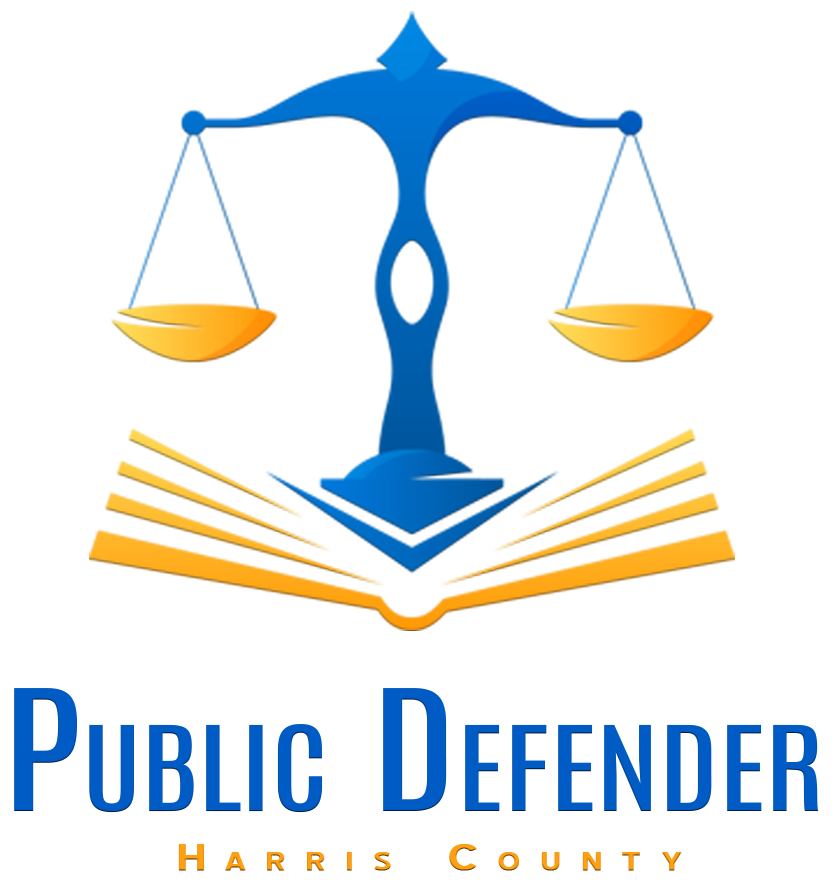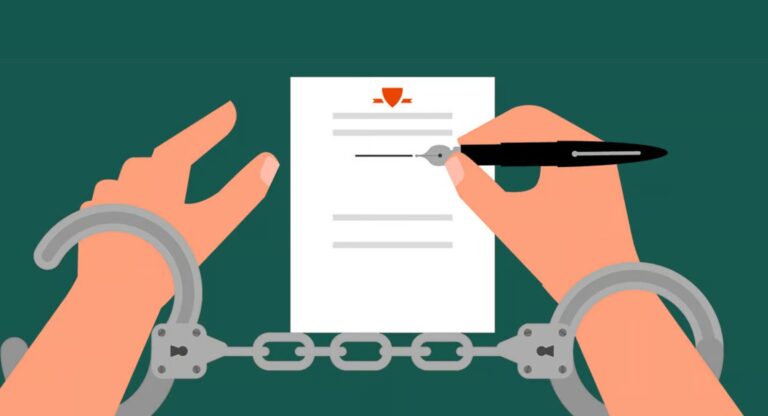The Plea bargain dominates most criminal cases in the United States. Courts rarely reach full trials. Prosecutors often push defendants to accept deals early. On the surface, a plea bargain appears quick and convenient. Many defendants accept them without fully grasping the consequences.
Legal pressure, fear of harsher punishment, or bad advice can lead to rushed decisions. Once accepted, a plea deal locks in outcomes that affect freedom, rights, and future opportunities. Courts will treat a guilty plea as a conviction in full. No second chance follows. Most defendants will never have their day in court. The truth may never surface.
Risks often go ignored in the rush to resolve charges. Legal rights get waived. Reputations suffer. Collateral damage can include housing, employment, and immigration status. Many who plead guilty later regret it, but the legal system offers few ways to reverse course.
Every defendant should know what is at stake. Below is a list of dangers that come with plea bargains.
1. Wrongful Convictions of Innocent People
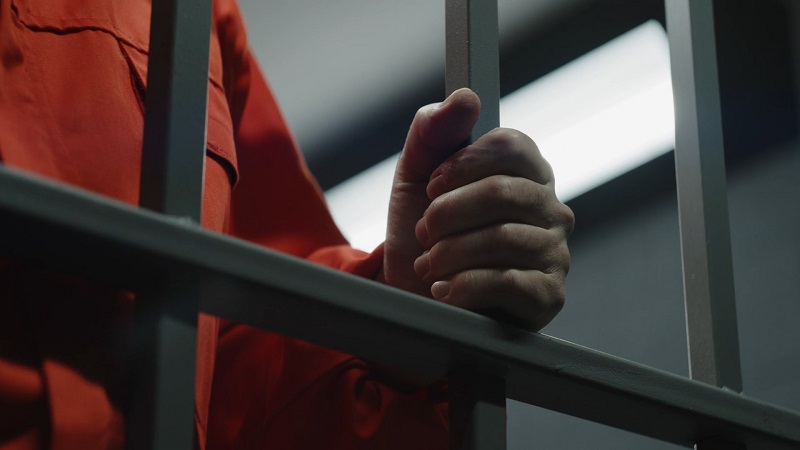
Plea deals trap innocent people in a dangerous corner. A person may face 30 years at trial or three years with a plea. Even if the evidence is weak, fear leads to surrender. Many accept guilt for crimes they never committed, hoping to avoid worse punishment.
Central Park Five
In 1989, five teenagers in New York confessed to a violent crime under pressure. They faced hours of questioning, no lawyers, and no rest. All took deals or faced conviction. DNA later cleared them, but the damage was done. They lost years. The system moved on.
2. Waiving the Right to Trial
Plea deals erase key legal protections. No jury. No right to challenge the accuser. No demand for the state to prove its case. A guilty plea hands the court a shortcut. The entire process ends before it begins. That shortcut removes the only tools that defend the innocent.
No Cross-Examination
A trial exposes flaws in the prosecution’s case. Witnesses must testify in court, under oath, under scrutiny. A plea deal eliminates that. The state avoids challenge. The accused gives up their shield.
3. Permanent Criminal Record
A guilty plea creates a lifelong mark. That record follows people to job interviews, housing applications, schools, and public databases. Expungement is rare. Employers run background checks. Landlords do too. A moment of pressure leads to a lasting burden.
Blocked Opportunities
A person with a record may lose access to licenses, loans, or travel. Even non-violent offenses can carry heavy fallout. A plea made for peace can later become a barrier in everyday life.
4. Inability to Appeal
Once a plea is entered, the door to appeal closes. Most jurisdictions do not allow appeals after a guilty plea. Even if new evidence appears, even if the court made an error, options vanish. The deal locks everything in place.
Trapped by Finality
Courts rarely reverse a plea agreement. Judges often warn defendants that their rights end once the deal is accepted. People agree quickly, then regret slowly. Mistakes stay uncorrected. Facts stay buried.
5. Harsher Sentence Than Expected
Some believe a plea deal guarantees mercy. That belief falls apart when judges exercise discretion. Judges are not bound by every term in the deal. A sentence can still surprise the defendant with its length or strict conditions.
Prosecutors may promise probation. Judges can still impose prison time. The terms sound clear in the courtroom, but what actually happens can differ sharply.
Example: Shocking Outcome in Pennsylvania
A defendant in Pennsylvania accepted a plea expecting community service. The judge imposed six months in jail. The person had no recourse. The deal was final. Miscommunication or bad assumptions cannot be corrected after sentencing.
6. Pressure from Prosecutors
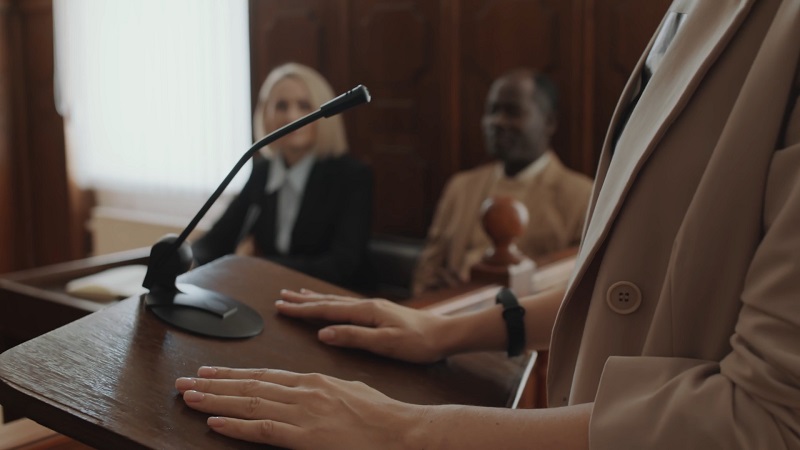
Prosecutors control the process. They decide what charges to bring, how many counts to file, and how harsh the threats will be. They can inflate charges to corner a defendant into pleading. That pressure can feel unbearable.
Key Tactics Used
- Threat of maximum sentence
- Stacking charges to boost prison time
- Offering limited-time deals with no room for delay
Real Outcome
A woman charged with petty theft faced 25 years because of prior convictions. She accepted a plea for six years. No trial happened. The state got its conviction, and she lost her freedom. Prosecutors never had to prove a thing.
7. Poor Legal Advice
Defendants often rely on public defenders with dozens of open cases. That lawyer might speak to the client for only five minutes before court. Underpaid, overworked attorneys cannot always explore every angle. Plea deals get pushed fast.
Example of Misdirection
A man in Louisiana accepted a plea on advice that he would serve six months. He served five years. The court found later that his lawyer misread the statute. No correction followed. A bad lawyer creates irreversible damage when a deal gets signed too quickly.
8. Collateral Consequences Like Deportation
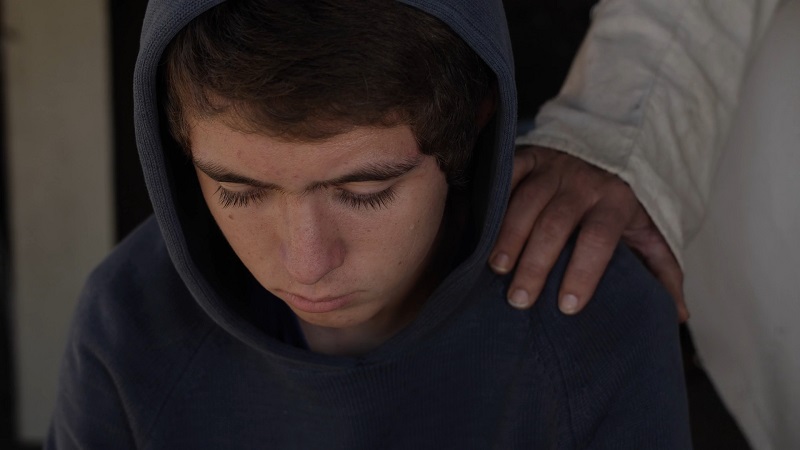
Some people face penalties beyond jail. Immigrants face removal. Students lose scholarships. Parents lose custody. None of these outcomes get spelled out in the deal itself. But they unfold immediately after conviction.
Hidden Damage
A legal resident with no prior offenses took a misdemeanor plea. ICE detained him two days later. He spent nine months in federal custody. No one warned him what the plea could trigger. Non-citizens are especially at risk. Pleas carry weight far beyond the courtroom.
9. Limited Time to Make a Decision
Courtrooms move fast. Prosecutors often deliver plea offers moments before hearings. Defendants get little time to think, no chance to consult family, and barely any guidance. Judges ask if the plea is voluntary, but few understand the full picture in that moment.
A man arrested for minor assault received a plea offer within hours. He accepted to avoid jail. Later, he discovered the plea disqualified him from working as a school aide. If he had more time, he would have fought the charge. The damage was sealed in one rushed conversation.
10. No Chance to Clear Your Name Publicly
A public trial offers the chance to explain, to provide evidence, and to be seen. A plea deal cuts that off. No one hears your story. No one sees your defense. The public record contains one thing: guilty.
Silence Becomes the Narrative
In a small town, a teacher accused of misconduct took a plea for a non-sexual offense to keep her pension. Years later, parents still whisper. Her students remember headlines, not details. No trial meant no chance to defend her reputation.
11. Hidden Consequences Like Loss of Housing or Job
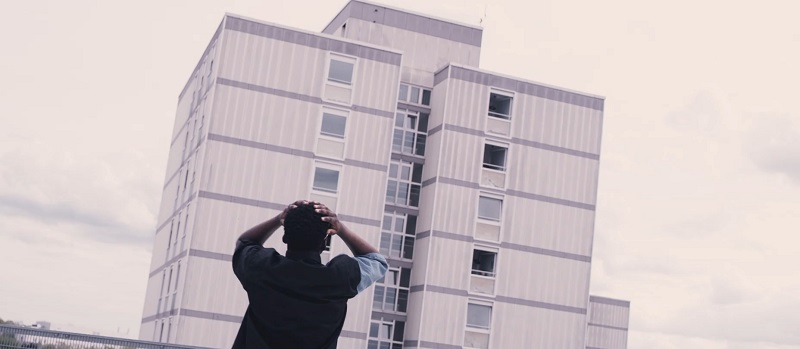
Many plea deals appear minor on paper. A misdemeanor. A fine. A few days in jail. But those consequences unlock other penalties. Public housing rules. Employment codes. Professional licenses. All of them react to any record.
Consequences Nobody Mentions
- Disqualification from HUD housing
- Job loss in healthcare or education
- Barriers to firearm ownership
- Denial of business permits
A Case Overlooked
A home health aide pled guilty to trespassing. Her employer fired her the next week. She lost her state credential. She became homeless within a month. None of that was mentioned during the hearing.
12. No Input from Victims
Victims often expect justice through a trial. A plea deal can feel like a betrayal. Prosecutors sometimes skip their input altogether. Victims then learn through news reports or brief notices. No testimony. No closure.
Victim Left Out
A woman assaulted by a neighbor waited two years for the case to reach court. The man accepted a plea one morning without warning. She was never told the terms. She found out he served only weekends in jail. Her voice never entered the process.
13. Judge Has No Role in Negotiation
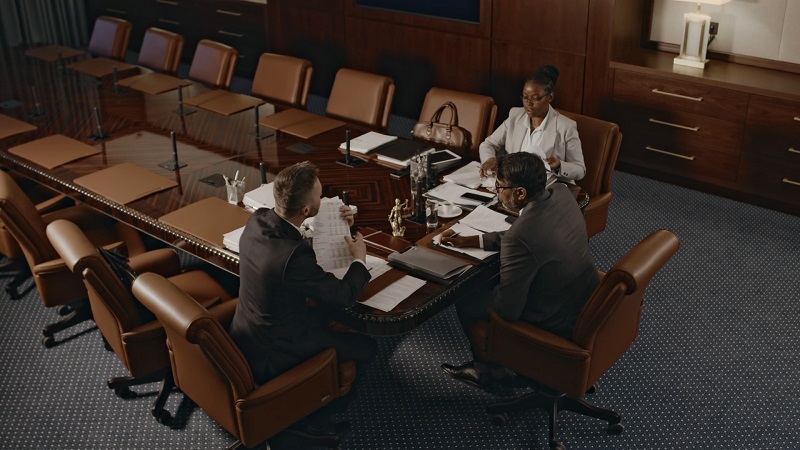
Plea deals form between prosecutors and defense attorneys. Judges rarely participate. They approve or reject what lands before them, but they have no say in how the deal gets crafted. That leaves most of the justice process outside judicial review.
Disconnected Oversight
Judges may express frustration or ask questions, but they cannot force different terms. In one felony drug case, the judge felt the deal was too lenient. Still, the law limited options. The court accepted the plea, and the process ended without full review.
14. Deal May Rely on Incomplete Evidence
Plea deals happen before all evidence surfaces. Investigators might still be collecting reports. Witnesses might not have testified. Forensic results might still be pending. Defendants accept deals without seeing the entire case against them.
A Missing File
A man charged with theft took a plea deal after reviewing limited discovery. Months later, surveillance footage surfaced showing someone else at the scene. Too late. The court refused to reopen the case. The plea erased his chance to use that proof.
15. Creates Criminal History That Affects Future Cases
One conviction becomes the foundation for enhanced charges later. A minor plea today becomes a major liability tomorrow. Future prosecutors cite it as part of a pattern. Judges treat it as a sign of repeat behavior. A single deal builds a record that grows heavier with time.
Snowball Effect
A young man pled guilty to marijuana possession. Two years later, a new charge brought enhanced sentencing because of his record. What started as a minor fine led to serious time behind bars later. The earlier plea made him look like a repeat offender.
16. No Accountability for Police Misconduct
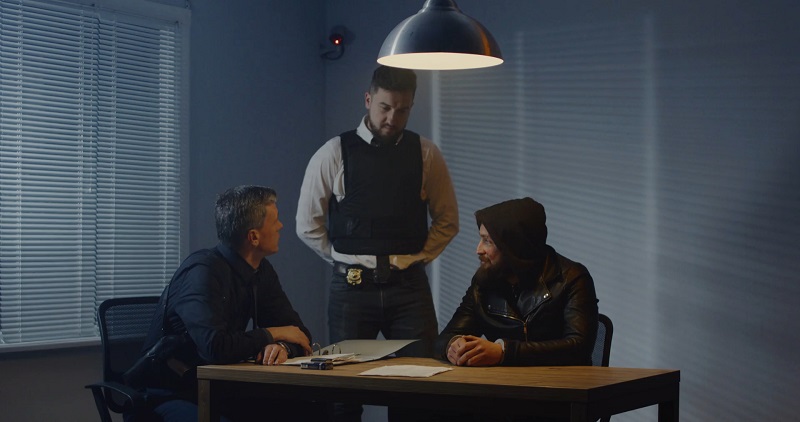
Trials expose illegal searches, coerced statements, planted evidence, or abusive interrogations. Pleas bury all of that. When no trial takes place, the police never get challenged. Misconduct stays hidden.
Suppressed Truth
In a traffic stop turned drug case, officers found narcotics in a glovebox after searching without consent. The search appeared illegal. The defendant, unaware of that fact, accepted a plea deal within 48 hours. The court never reviewed the search. The officers never had to answer questions.
17. Systemic Overuse Weakens Justice System
Most criminal convictions now come through plea bargains. Trials have become rare. Courts favor efficiency over truth. Prosecutors control outcomes. Defense lawyers move quickly to clear dockets. Justice becomes a transaction, not a process.
The Numbers Tell the Story
In the United States, 98 percent of criminal convictions happen through plea deals. Jury trials account for fewer than 5 percent. That imbalance means fewer facts get tested, fewer rights get exercised, and fewer injustices get corrected. When speed dominates, truth disappears.
Frequently Asked Questions
Can a plea deal be withdrawn after it is accepted?
In most cases, once a judge accepts a plea deal, it becomes final. Some jurisdictions allow withdrawal before sentencing, but only under limited conditions. The defendant must show that the plea was not entered voluntarily or that legal rights were violated. Withdrawal after sentencing is almost never allowed.
Is a plea bargain used in federal cases?
Yes. Plea bargains are common in federal court. Over 97 percent of federal convictions result from plea deals. Federal prosecutors often use mandatory minimums to pressure defendants. The threat of long sentences gives them enormous leverage during negotiations.
Does a plea bargain always include a reduced sentence?
No. Some plea deals only reduce the number of charges or remove enhancements. Others might involve probation instead of jail time. In some cases, the sentence remains severe, but the prosecution drops the risk of life imprisonment. Every deal varies by jurisdiction and case.
Can a plea bargain include a waiver of future legal claims?
Yes. Many plea agreements include language that waives the right to sue law enforcement or the prosecution for misconduct. Some even prevent appeals or limit post-conviction relief options. Defendants often overlook these clauses because they are buried in legal text.
Are juvenile defendants offered plea bargains?
Yes. Juveniles also face plea deals, often without fully grasping the long-term effects. They might waive trial rights without understanding what they give up. Courts sometimes approve these deals even if the juvenile lacks legal maturity or strong legal counsel.
Can a prosecutor revoke a plea deal before the court accepts it?
Yes. Until the judge formally accepts the agreement, prosecutors can withdraw the offer. That might happen if new evidence emerges, the defendant violates bail terms, or delays raise concerns. Once the plea is on record and approved, the deal becomes enforceable.
Does a plea bargain influence immigration status even in minor cases?
Absolutely. Even a misdemeanor plea can trigger deportation, visa denial, or green card ineligibility. Immigration law treats certain offenses as grounds for removal. Many defendants learn about these consequences only after ICE gets involved. Defense attorneys must know immigration risks when advising clients.
Bottom Line
A plea deal not only ends a court case. It can start a chain of events that lasts for years or even a lifetime. A person might walk out of court quickly but step into a future filled with blocked jobs, denied housing, revoked licenses, or permanent immigration barriers.
A judge may never hear the real story. A jury may never examine the facts. The public may only see guilt in the record and never know the truth. Those who accept plea deals often do so under pressure, with limited time and little explanation of what lies ahead.
Read Next – Can You Sue a Restaurant for Food Poisoning?
